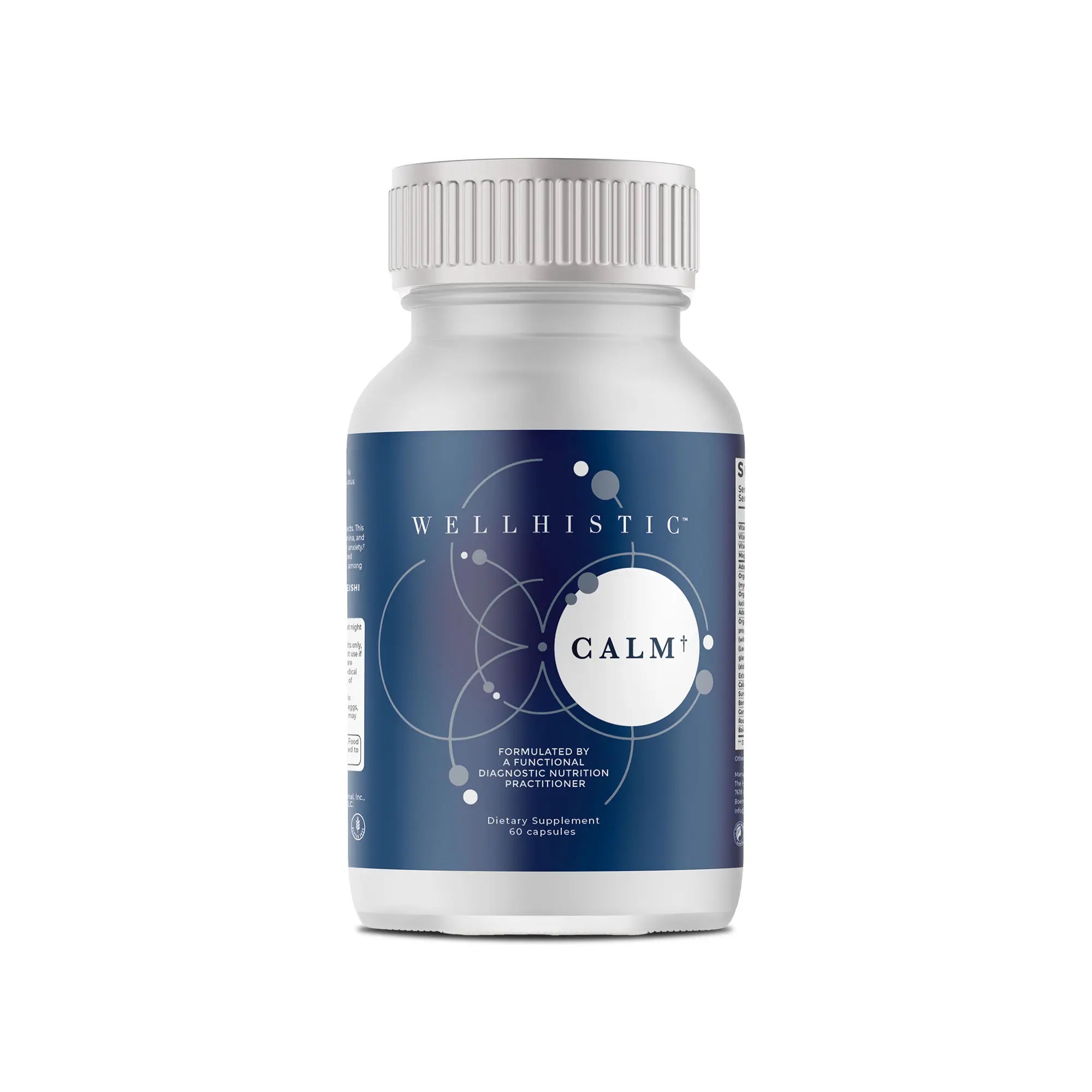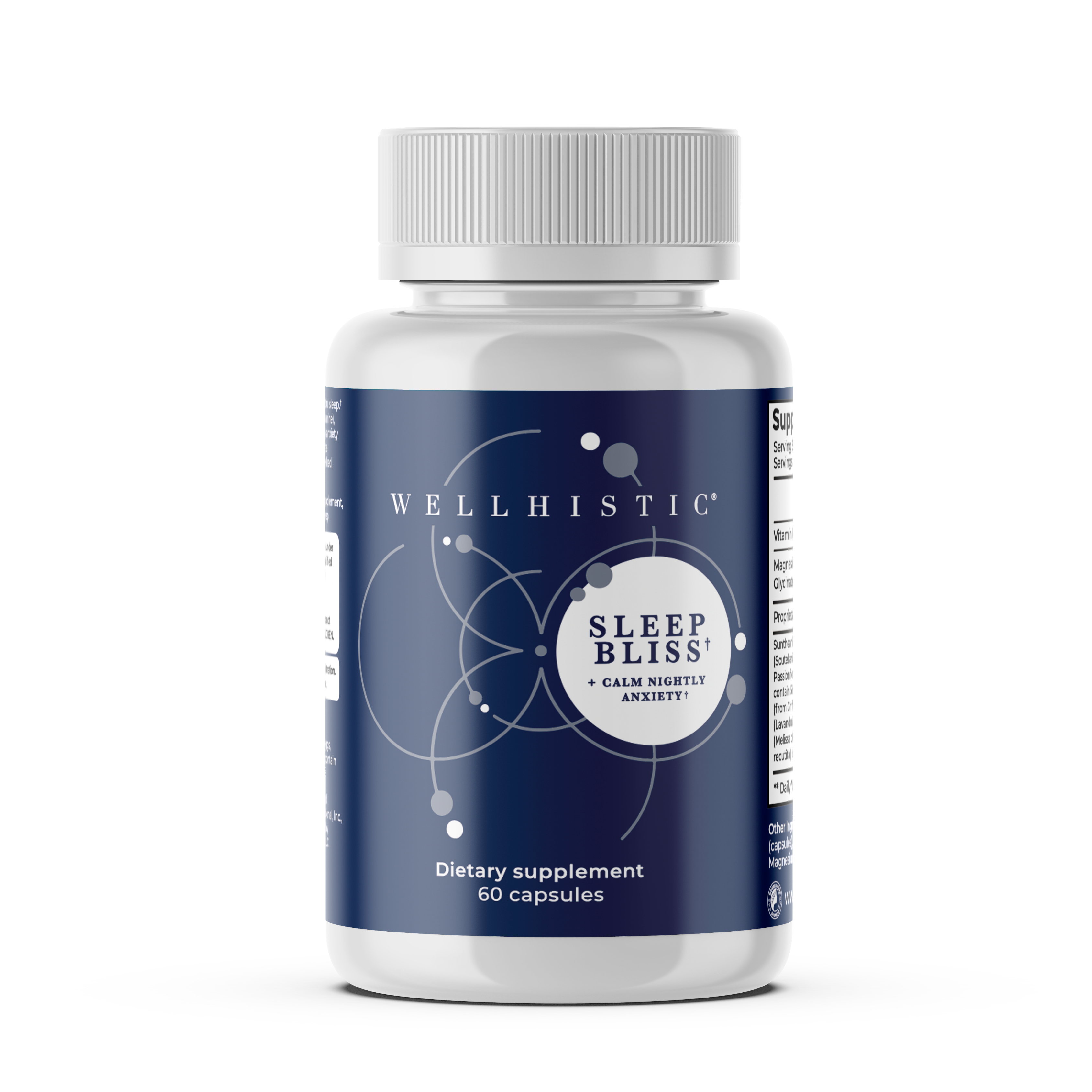Blog 1 of 3: The Emotional and Physical Journey of Weaning with Dysautonomia, POTS, Lyme Disease & Chronic Illness
Breastfeeding is more than just nourishment—it is an act of love, a gift of health, and a powerful way to shape your baby’s future microbiome and immune system. When we struggle with Dysautonomia, POTS, Lyme disease, or other chronic illnesses, our deepest desire is to ensure our children have every opportunity to be as healthy as possible. We breastfeed because we want them to thrive, to be resilient, and to never face the same battles we have endured.
But when a mother is unwell, her health must come first. You cannot pour from an empty cup. When your body is fighting daily dysregulation, dizziness, fatigue, or even co-infections from Lyme disease, continuing to breastfeed may be unsustainable. Weaning becomes an essential step toward reclaiming your health, ensuring that you can show up for your child in other critical ways.
Carola’s Personal Story: A Mama’s Journey with Dysautonomia & POTS
I remember being completely bedbound during my first pregnancy—my Dysautonomia and POTS were so severe, my blood pressure would crash without warning, and I’d feel dizzy or faint constantly. When my first son was born, I breastfed him for a full year, pouring all the love and commitment into giving him the best start. But one day, I realized I just couldn’t keep going—my own health was deteriorating, and I needed my strength back.
I gently talked to my son, even though he was just a year old, and it was like he understood. Over about a month, we slowly weaned without any medication—no Dostinex. It was a tender process, but also empowering to know that my body could adjust naturally.
When my second son arrived, it was a whole different story. He adored “booby” more than anything—no pacifier, no substitute, I was the human pacifier! My first son had loved his WubbaNub until he was three, but my second refused any pacifier. Around 18 months, my fatigue and brain fog became unbearable. My OBGYN suggested Dostinex to dry up milk—especially since I produce an abundance of milk, had battled mastitis 5 times, and was told it could take 4 months to normalize my hormones. I actually considered a tiny dose but ultimately stuck to gradual weaning—again, my body adapted lovingly.
Those experiences—two different journeys, each with Dysautonomia and POTS at play—proved to me that weaning can be done gently. You deserve to put your health first if you’re struggling. I hope sharing my story inspires you to trust your instincts and know that you’re not alone.
This three-part guide provides the strength, knowledge, and practical steps needed to wean safely while supporting your body, balancing your hormones, and prioritizing your well-being. In this first post, we’ll explore the emotional and physical elements of weaning—why it matters, and how to honor your body in the process.
Why Weaning Matters When You’re Chronically Ill
-
Protecting Your Child’s Future: We want our children to avoid the health struggles we’ve faced, whether it’s Dysautonomia, Lyme disease complications, or other chronic issues. But we also need to be healthy ourselves.
-
Quality Over Quantity: When your health declines, it’s difficult to maintain the quality of care and attention your child deserves. Weaning can be an act of self-preservation that ultimately benefits your little one.
-
Microbiome & Immunity: Breastmilk provides beneficial bacteria and crucial nutrients. However, if your body is taxed by chronic illness, the stress may outweigh the benefits.
Recognizing When It’s Time to Wean
-
Persistent Fatigue: If you’re experiencing unmanageable exhaustion that impacts daily tasks.
-
Autonomic Flare-Ups: Heightened symptoms of Dysautonomia or POTS (e.g., severe dizziness, tachycardia).
-
Lyme Disease Relapses: Frequent herx reactions or immune dysregulation might signal the need to shift your energy toward healing.
-
Emotional Strain: Mood swings, irritability, or constant worry about your ability to care for your child.
Remember: Weaning is not giving up; it’s choosing a new path that respects both you and your child. You’re moving from one phase of nurturing to another.
Emotional Self-Care During Weaning
-
Acknowledge Grief: It’s normal to feel sadness or guilt about ending breastfeeding.
-
Practice Mindfulness: Gentle yoga, meditation, or journaling can help process emotions.
-
Seek Support: Talk with a therapist, join online forums for moms with POTS or Lyme disease, and share experiences.
-
Celebrate Milestones: Commemorate the months (or years) you’ve successfully breastfed. You’ve done an amazing job!
Preview of What’s Next
In Blog 2, we’ll dive into the step-by-step process of weaning—how to gradually reduce feedings, manage discomfort, and keep both you and your baby emotionally secure during the transition.












